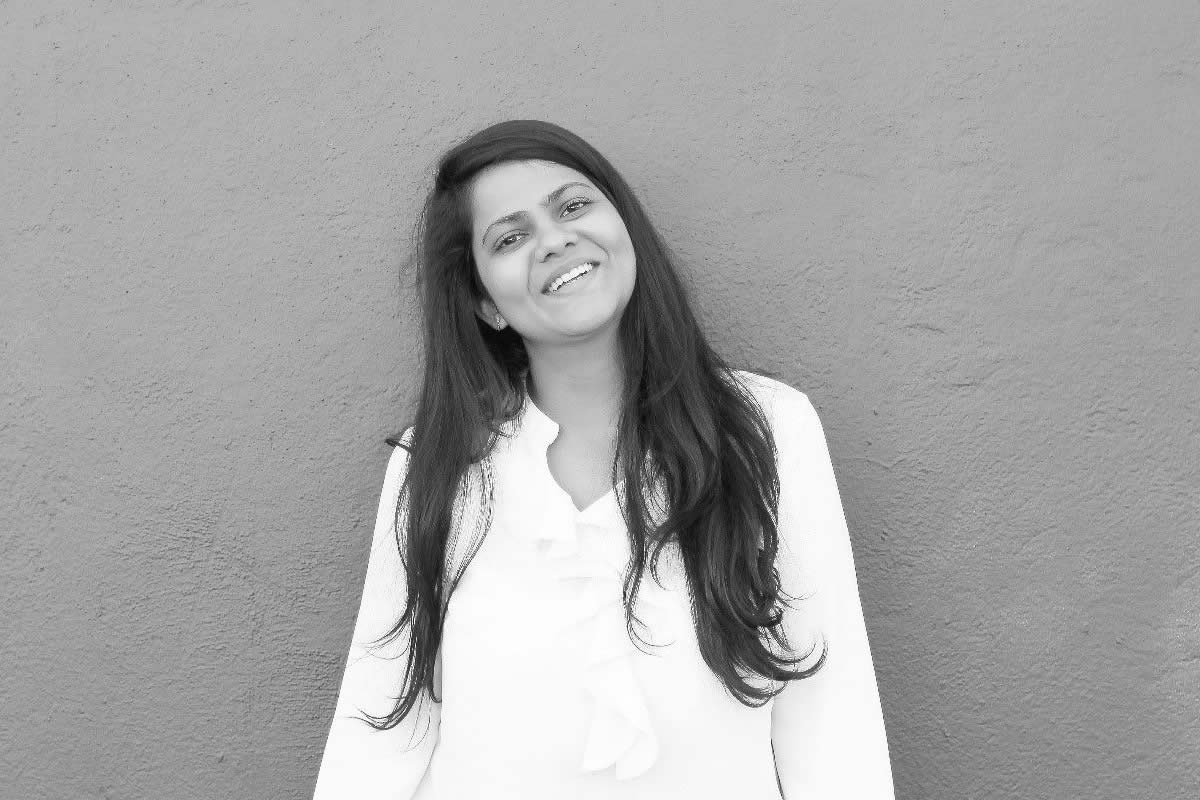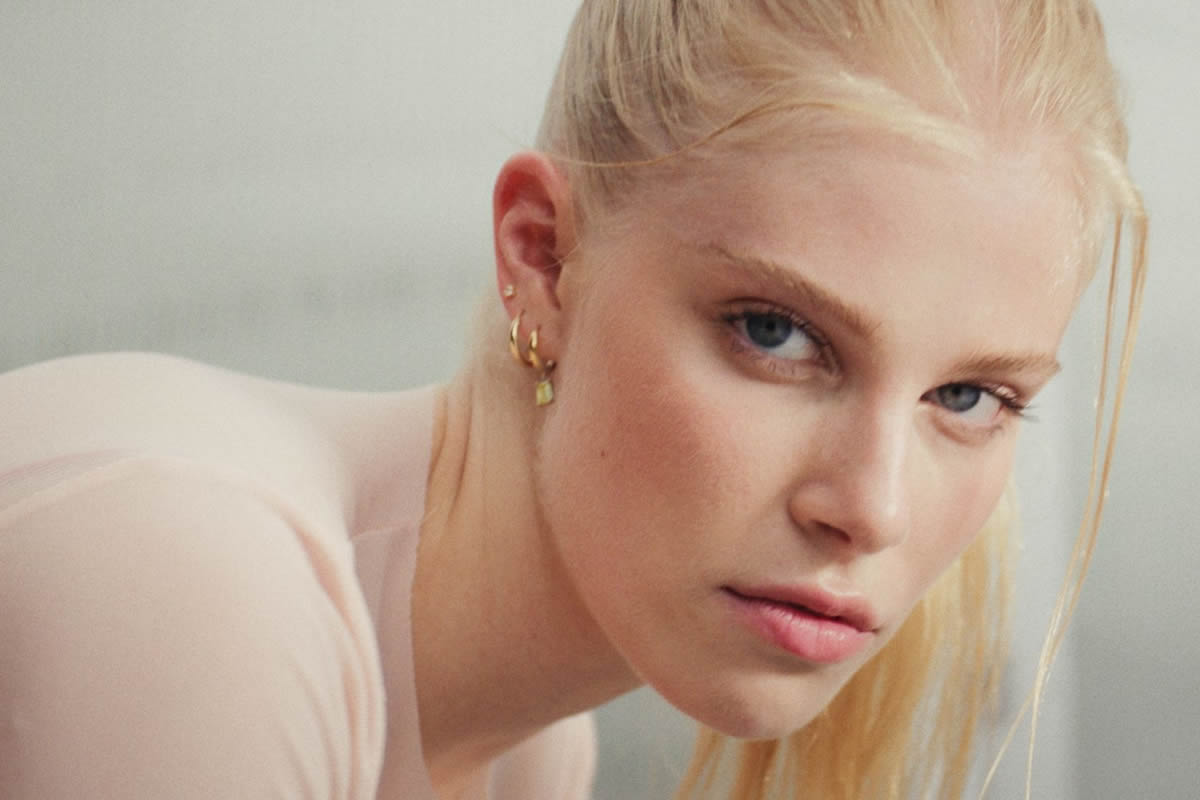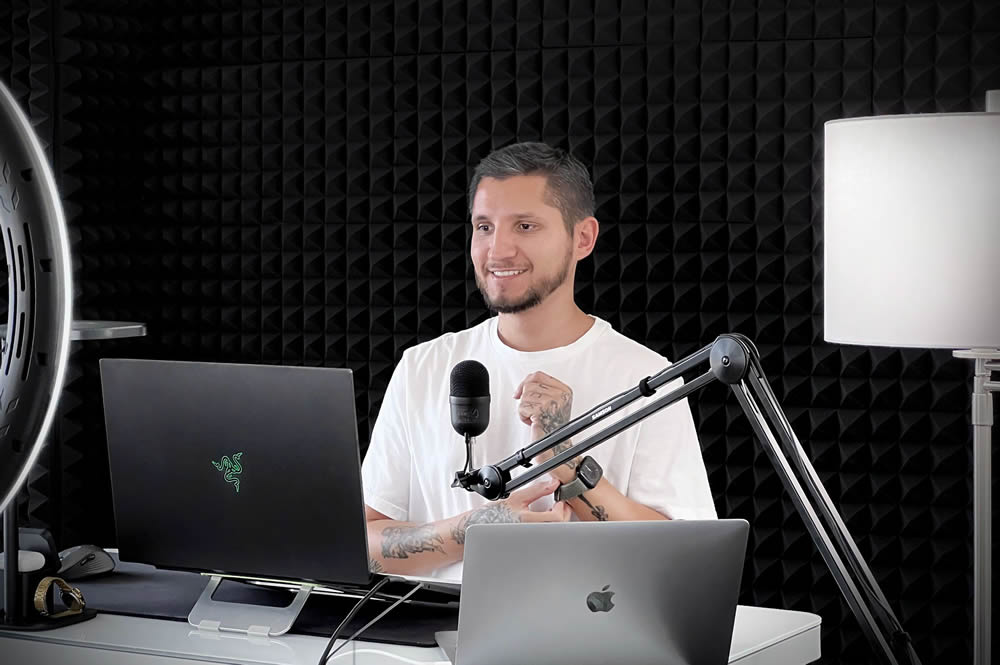Ed Wight is a British freelance journalist with the Daily Mail Online. He has also written and done photographic work for The Sunday Mirror, The Daily Express, The Irish Independent, and magazines such as Reveal and Chat, as well as the Polish press.
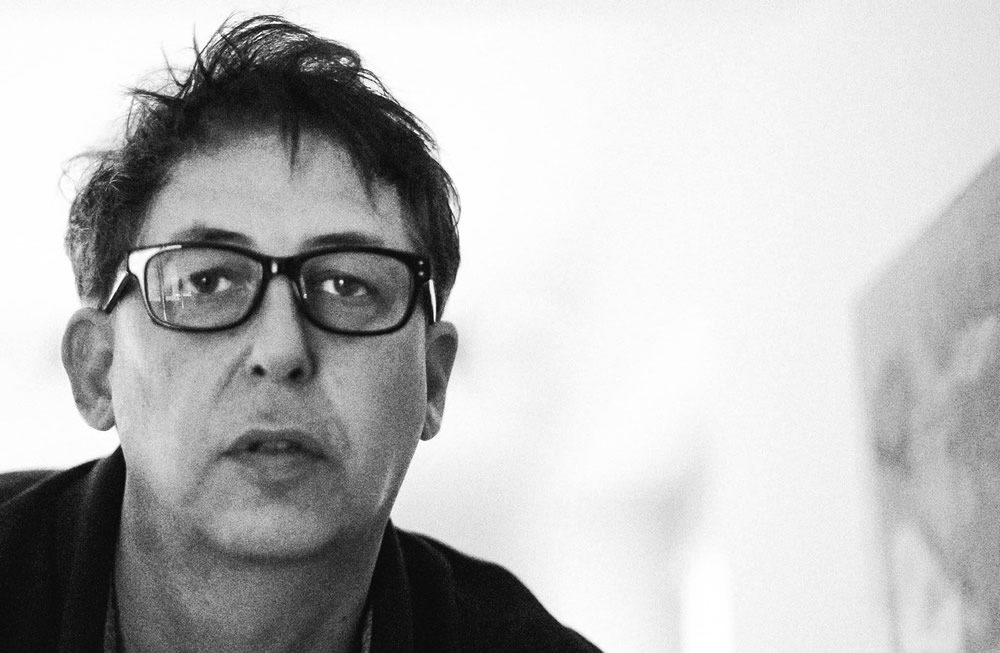
Statement:
I enjoy taking street portraits instead of, for example, landscape photographs, because I’m fascinated by people. I love capturing aspects of their characters and personalities which may be at odds with or different to how they normally come across.
Recently, my subjects have tended to be people smoking in clubs or on the streets. This is something that emerged from an earlier photography project I did in colour called The Smoking Room. Most of my subjects tend to be quite pretty and the reason for this is I wanted to break away from what I saw as being a general trend in street portraiture – namely photos of the old, the weird and the homeless. I wanted to capture another aspect of street life.
My style emerged over time. Initially I shot everything in colour but then began to find I could get more emotion and texture from black and white. I still shoot in colour but switching to black and white helped develop my style, especially at night. That said, I think I have finished my night portraits project and I’m now looking to move back to colour and begin a new project. I don’t know what it will be yet though.
You can find Ed Wight on the Web:
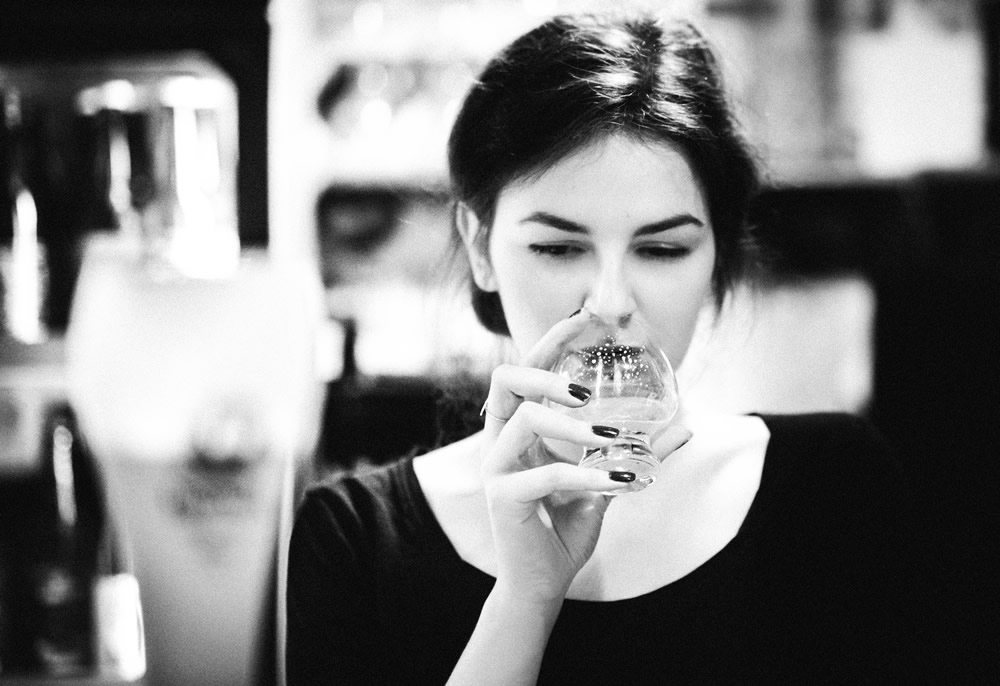
What is your first childhood memory?
My mum buying us a kitten – a top cat who lived for over 13 years.
Are you still learning who you are?
Yes, I don’t think you ever stop learning.
Who are you when no one is looking at you?
I’m a hoot.
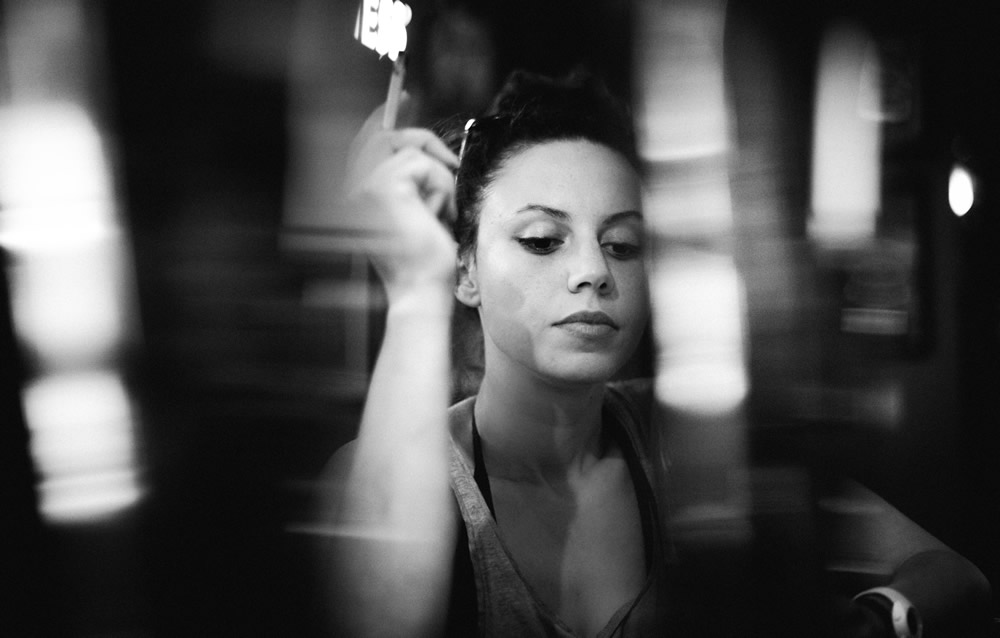
What got you involved in photography in the first place?
I’ve thought about this question long and hard and, to be honest, I can’t pinpoint one single moment which answers it. My dad bought me an analogue camera when I was in my teens, but that wasn’t the moment. It was a combination of things – work, ex-girlfriend, love of other people’s photography, art – really, I have no idea. I guess it started about 5 or 6 years ago with me taking pics of my ex-girlfriend and developed from there.
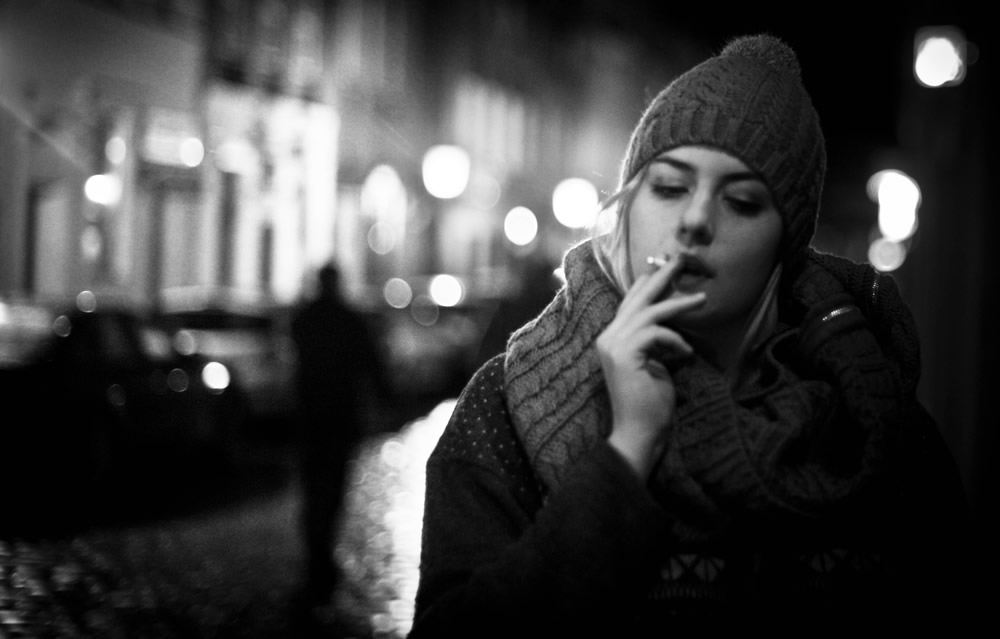
Ansel Adams once said: You bring to the act of photography all the pictures you have seen, the books you have read, the music you have heard, the people you have loved. Could you tell us about your favourite photographs, books, music and people who are closest to you?
One of my favourite books since I was a teenager, and which I return to often, is The Magus by John Fowles. I think the central character plays into my photography by raising the question you asked earlier: Who are you when no one is looking at you? I guess my portraits try to capture the essence of that question.
With music, off the top of my head I would have to say The Beatles, Radiohead, and Puccini. Thom Yorke’sAnalyse on piano is simply beautiful and I would happily use it as a soundtrack to my photography.
In art, anything by Edward Hopper really, but his Hotel Room series stands out as does his Automat. For me, the subjects all seem to have a certain melancholic solitude about them but there is an ambiguous narrative running throughout, something which has certainly influenced my photography.
Photos: So many to choose from. Sometimes, you look at a photo of someone and it makes you think ‘Wow!’. One of those photos is by Life photographer David Duncan which shows a US captain in the Korean War who’s just found out his company, which is under heavy attack, has lost radio contact and they are nearly out of ammunition. His utter despair and the harrowing look in his eyes is profoundly haunting.
People: My mum. Family.A handful of friends. Without doubt, in terms of photography, my ex was an enormous influence. Without her I probably wouldn’t be answering these questions today. Not only was she my muse but also my greatest critic.
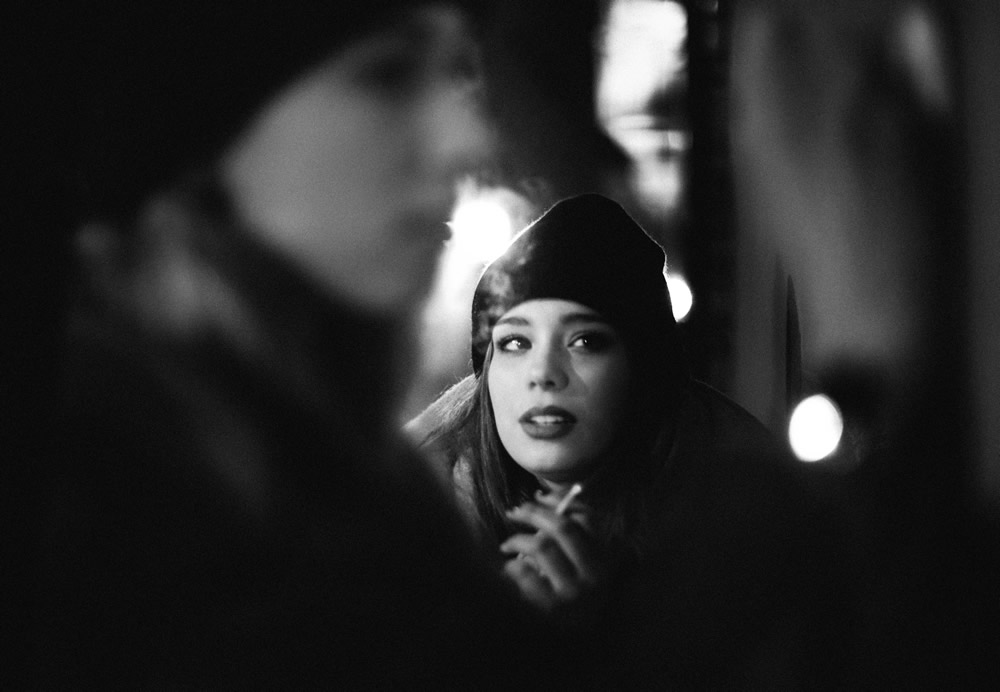
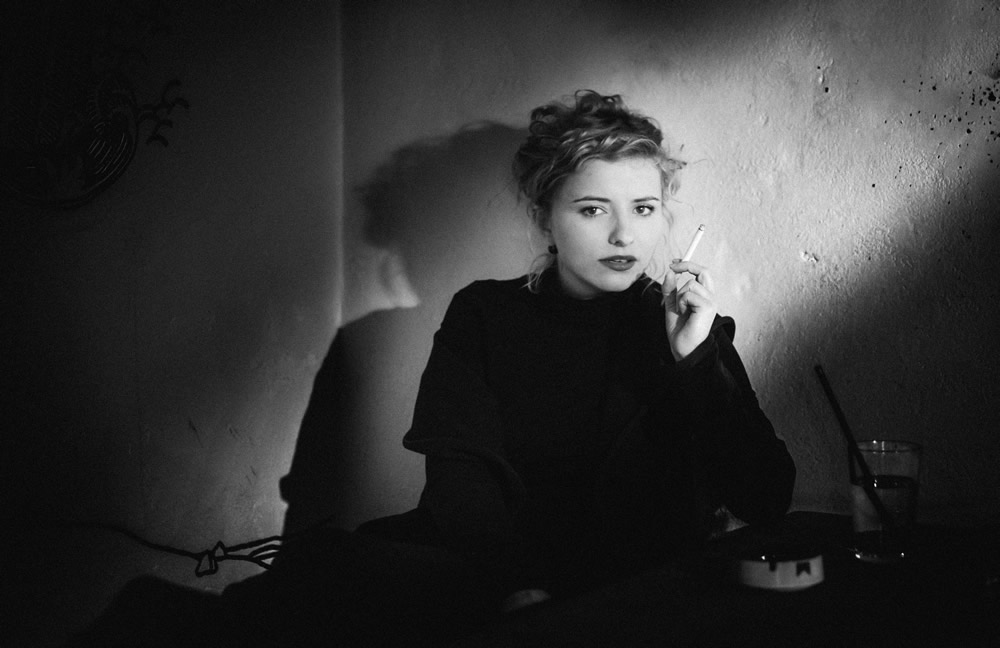
There’s a thin line between invading people’s privacy and taking their photographs. Why do ethics matter?
Yes, ethics do matter. Some argue that anyone in a public place is fair game, and in some respects that’s true. But I think context matters. If it was my job to photograph a crowd event, for example, it would be ridiculous and almost impossible to try and get consent from every single person. But with my street photography, if someone doesn’t want their photograph taken then I won’t take it, or if I have already done so and they ask me to delete it then I will. I think in these situations it’s important to be sensitive to the wishes of the subject. But it’s also a judgement call. What does the photo show? What is the subject doing? Would I want that photo taken of me? And ultimately, why would I want others to see it? All these things need to be taken into consideration, I think.
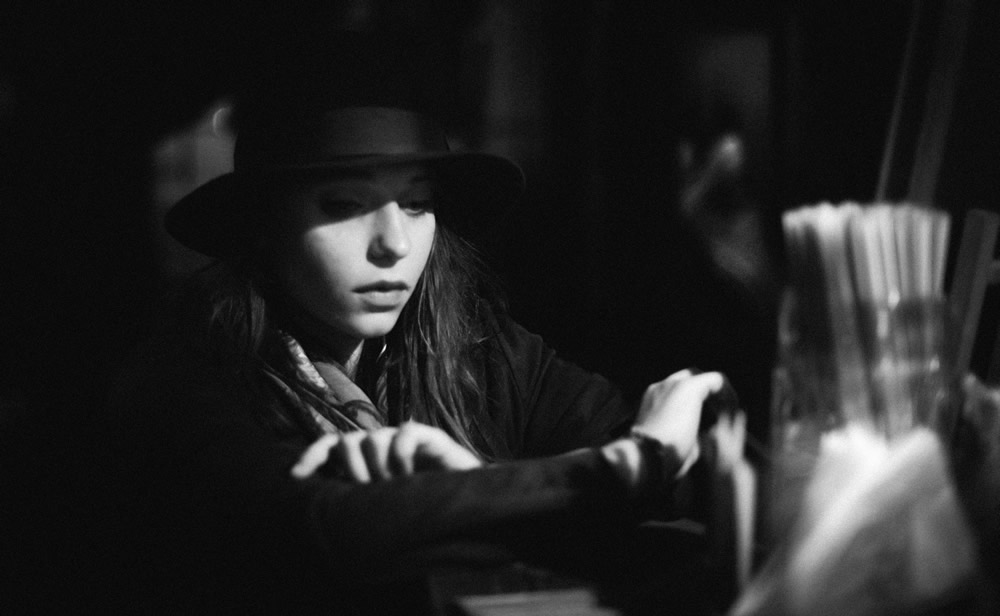
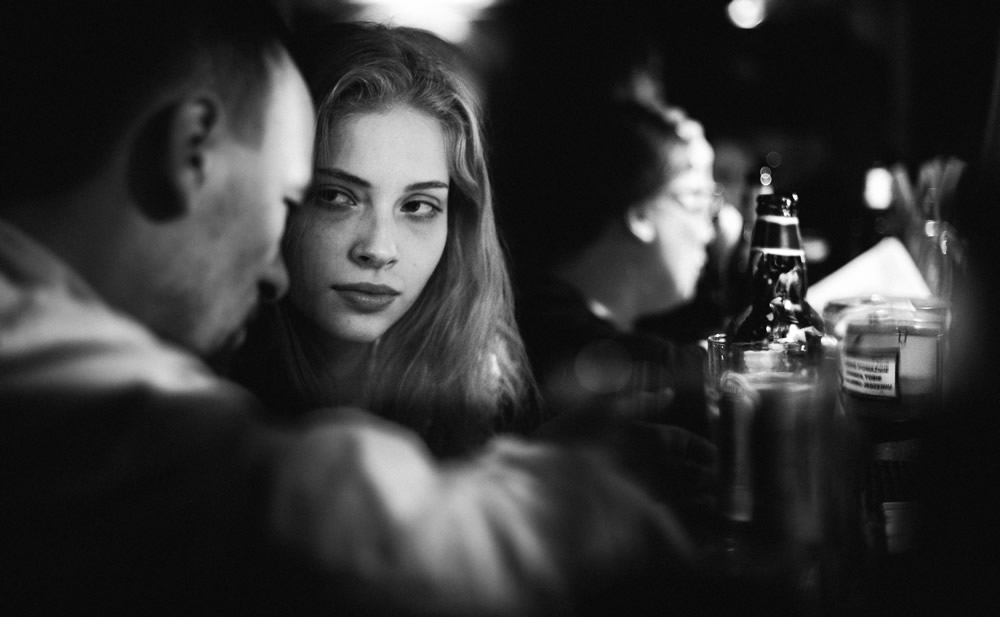
Bruce Gilden claims that photography is a voyeuristic medium. Does it resonate with you?
No. I can see why he would say that, especially when it comes to photos of the homeless, the vulnerable, or people in intimate situations, for example. But I don’t think it applies to what I do. I don’t think there is anything particularly voyeuristic about a photo of someone smoking in the street, which is what most of my street portraits show. And even in my other photos, someone walking down a street, for example, isn’t particularly voyeuristic. I try and capture a moment, create some sort of art. In both my street portraits and general street shots, it’s the composite whole that matters – the light, composition and general narrative, as well as the subject. Maybe some viewers get a voyeuristic pleasure out of seeing them, but as a photographer, I do not.
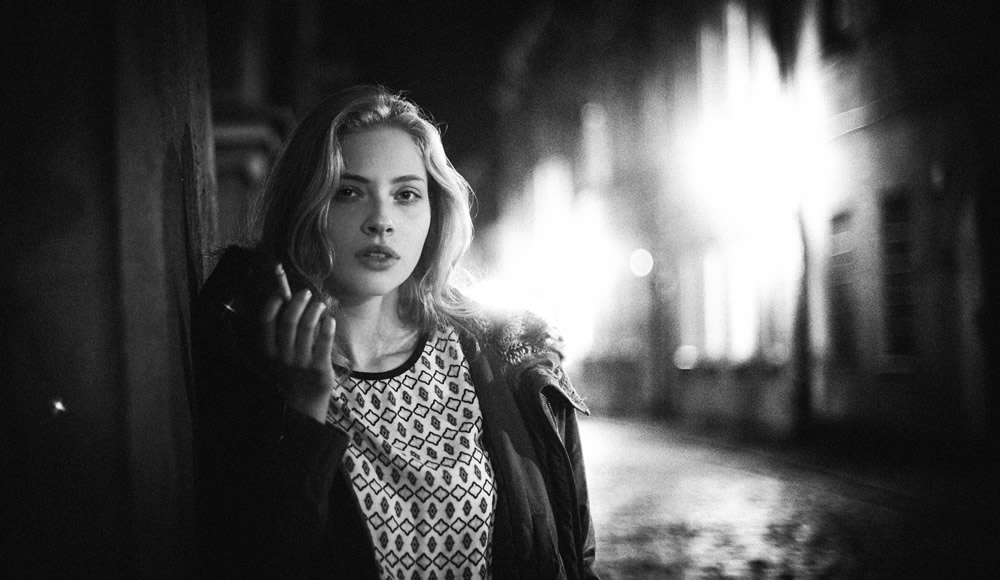
Have you ever acted rudely in front of people you have tried to photograph?
No, being open and friendly is the way to deal with people, not rudely and aggressively.
Have you ever been following your subject so that the person might eventually think you’re a stalker or a pervert?
No, I don’t know how other street photographers work, but I don’t follow people.
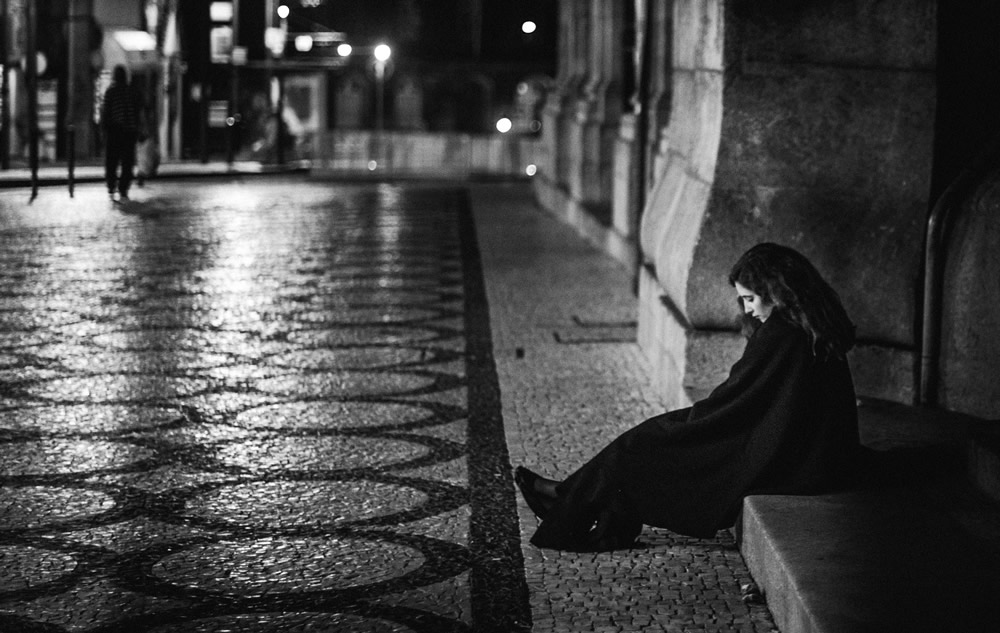
Gloria Steinem once said that the truth will set you free, but first it will piss you off. Are you irritated when someone goes deeper and scrutinizes your work?
No, I welcome it. I want people to tell me what’s wrong with my photos, whether it be composition, lighting, whatever. Critical feedback is important for development. In fact, one of my main motivations when I first started was a friend telling me I was a rubbish photographer. That inspired me to become better.
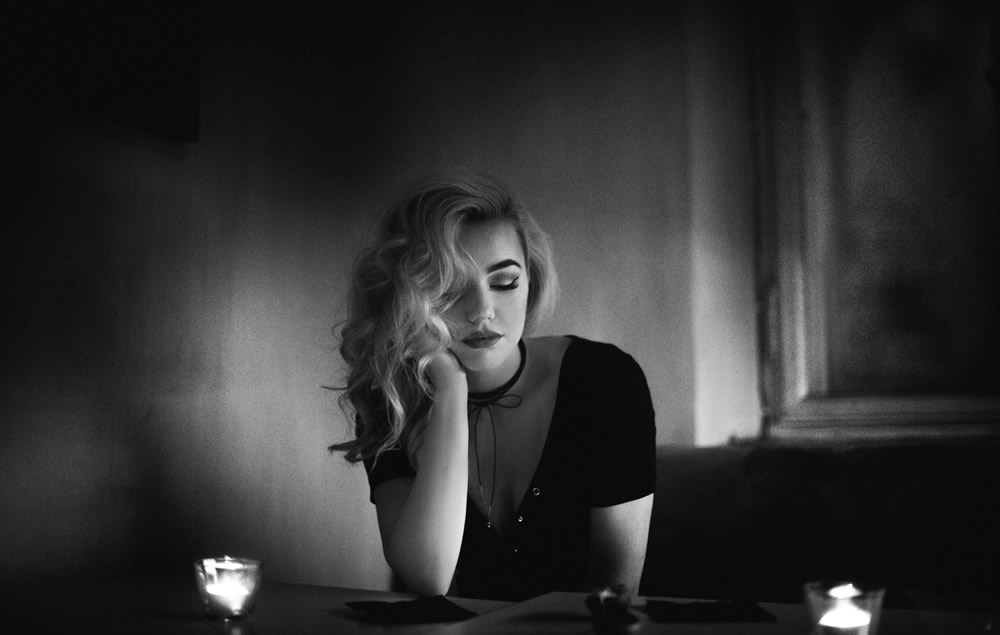
What if you took images for a couple of years and didn’t get a positive audience reaction? Would you be still taking them?
Yes. I took photos for years and never showed anyone, apart from my ex and a few friends. It’s only recently that I’ve developed an online profile and the feedback has been very positive. But I would still be taking photos with or without that. I think if you enjoy it then do it, irrespective of what other people think.
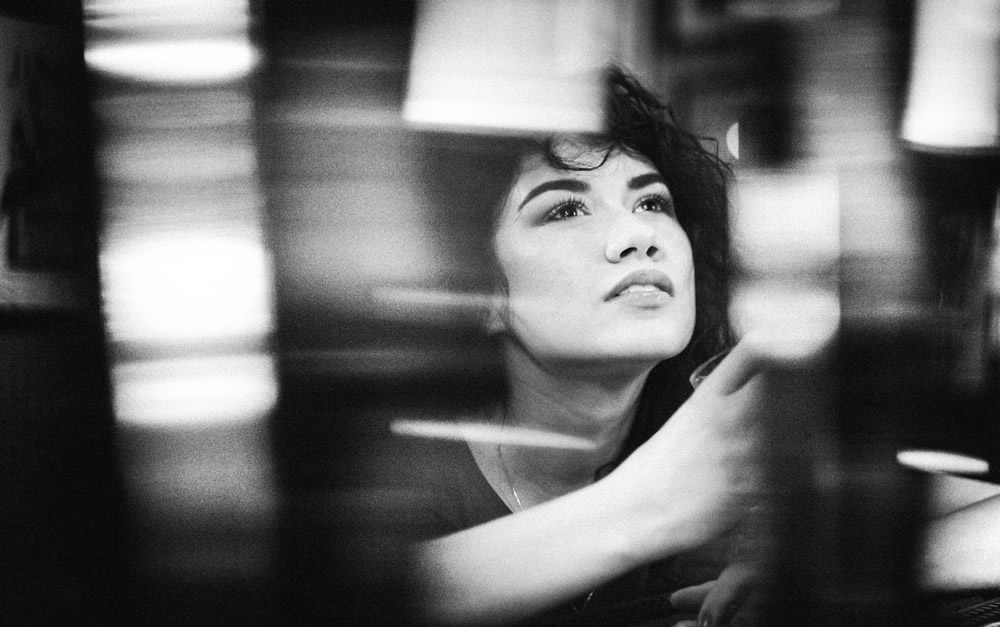
Do you often get jealous of someone’s achievements?
No
If you could wake up tomorrow in the body of another artist, who would you choose and why?
Probably Edward Hopper or Caravaggio as they capture the essence of what I would like in my photography.
What artist made the most impact on you and why?
In terms of my photography I think Edward Hopper, to be honest, for the reasons I’ve already mentioned.
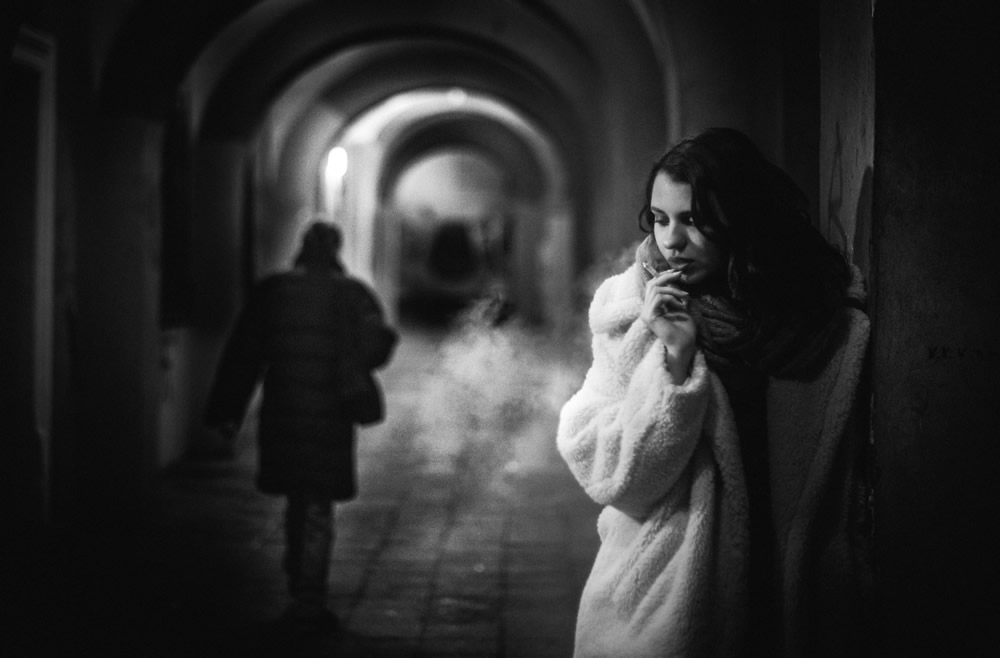
If you could witness and photograph any historical moment of the past, present – or future – what would it be?
The birth of Christ. I could have dined out on that for years.
What’s on your photography bucket list this year?
To be honest, I don’t have one. I have all the lenses and camera bodies I want. The only things I would put on the list would be a tripod, because I don’t have one, and a flash – because I broke mine. Apart from that I’m happy with what I’ve got.
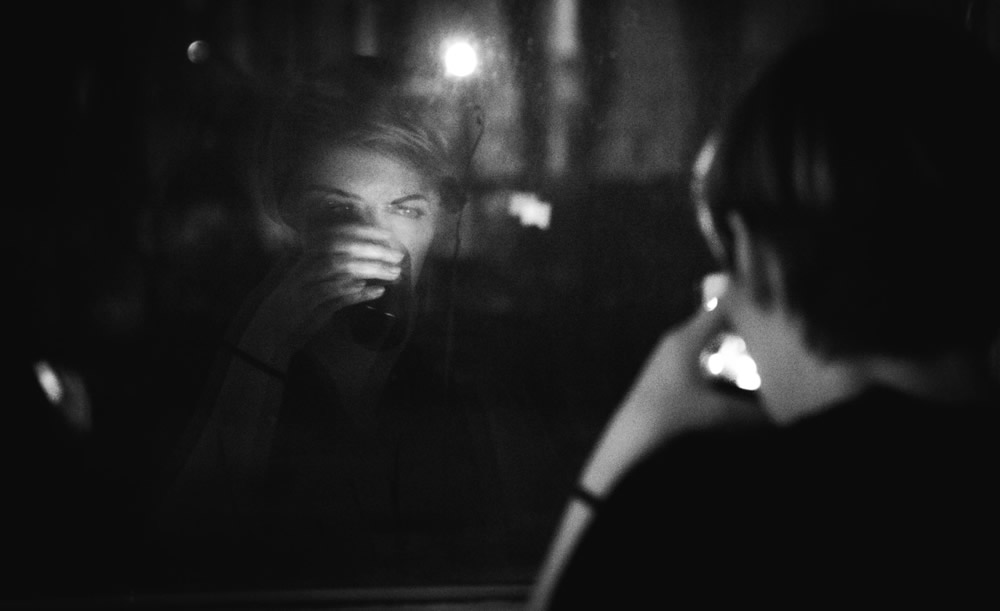
What do you like to do outside of photography?
Music – I play piano and guitar – meet friends, socialise, travel, read. Sometimes work.
Blind and live forever or be able to see and die in a couple of years?
Well, it depends on what I’d see in those couple of years. But the idea of living in darkness doesn’t appeal and nor does the idea of living forever, so I’ll say the latter.
What do you want your tombstone to say?
Hey, ho, here we go!
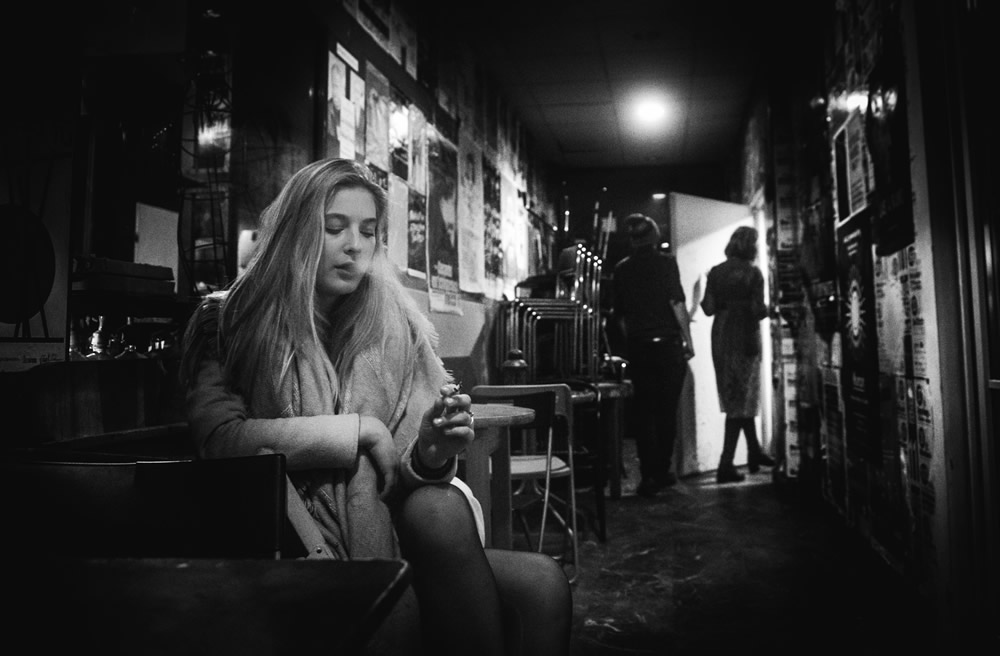
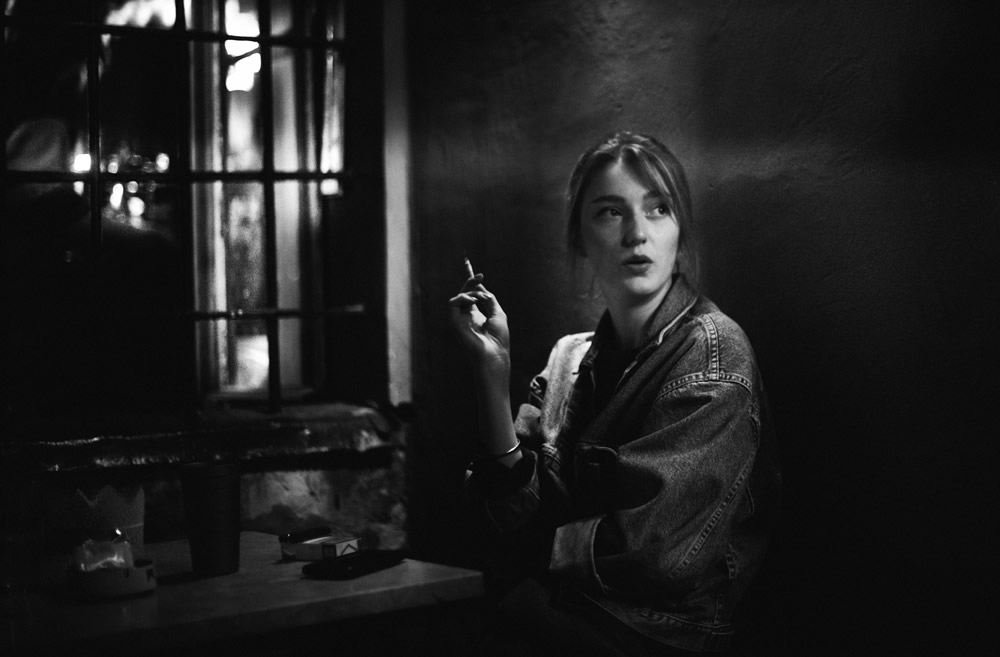
About Arek Rataj
“You Can Shoot. Can You Talk?” is a series of interviews created by Arek Rataj. He is a Qatar-based journalist, contemporary photographer and educator.
Arek was born in a small industrial district in communist Poland under the Soviet Union dictatorship. In midst of this human misery, political hypocrisy, environmental dirt and ugliness, he became particularly sensitive for all signs of beauty and transcendence.
You can find Arek Rataj on the Web:
Copyrights:
All the pictures in this post are copyrighted Ed Wight. Their reproduction, even in part, is forbidden without the explicit approval of the rightful owners.


